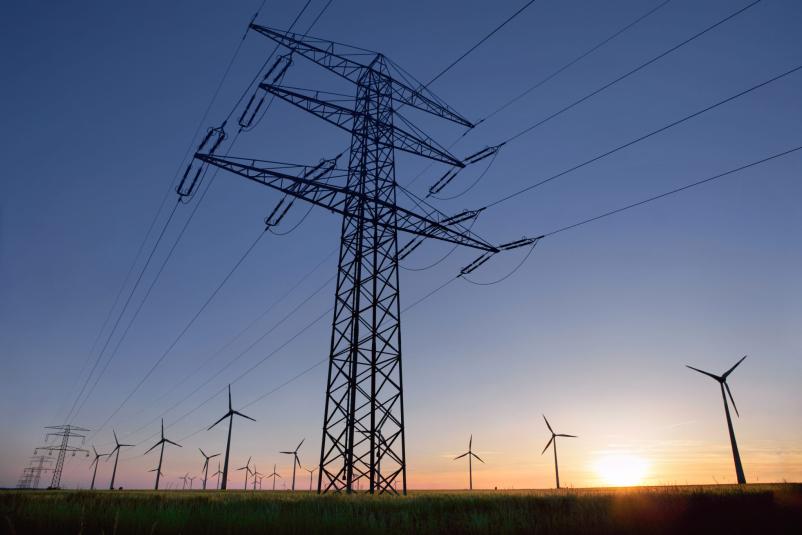Breadcrumb
Critical infrastructure must remain operational

The impact of COVID-19 is being felt around the world, not least on the critical national infrastructure that societies depend on to function. Along with the absolutely vital efforts of health professionals working tirelessly to protect life, thousands of employees of critical national infrastructure such as energy, water, and internet networks are working to maintain these essential services for all. However, as with other areas of our national economies, parts of our infrastructure are now under intense pressure.
In these unprecedented times it is now more important than ever that our critical national infrastructure remains operational.
Because it is this infrastructure that will be crucial in forming the policy-based solutions to tackling the virus over coming months. Airports, in particular, are feeling the strain of travel bans and an unprecedented decline in air traffic, with Airports Council International estimating that, in Europe alone, airports could lose upwards of €2bn in the first quarter of the year at a time when their ability to facilitate trade and repatriate families will be essential. Our seaports, too, will be tested like never before but have an indispensable role to play in keeping trade flowing, which includes much needed food and medical supplies. Similarly, national water, energy and digital networks will be called upon to cope with increased demand as we battle the effects of COVID-19.
We know that governments around the world are grappling with how to respond in the face of such a devastating outbreak that has reached into every corner of the globe. And we have seen them respond with a variety of economic packages aimed at stimulating economies and staving off the worst-case modelling. But governments are unable to respond to a challenge of this magnitude alone.
A strategic dialogue between governments and the private sector can ensure that private capital is deployed where it is most needed to aid in the recovery efforts. Government’s immediate priority must be to respond to the health crisis by ensuring our hospitals and hard-working staff are provided the necessary equipment needed to save lives while simultaneously stabilising financial markets and maintaining an attractive investment environment. But at the same time, the private sector can begin the important job of delivering the infrastructure needed to propel countries’ economic recoveries. Private investors stand ready with the capital to deploy to support these public sector-led initiatives as well as offering unrivalled expertise in project management and delivery.
GIIA urges governments to work closely with their partners in the private sector who have the expertise to help respond to the short-term challenges and work to ensure we emerge with clear long-term plans to deliver the critical national infrastructure needed for the clean, zero carbon future we all want for future generations.
Global Infrastructure Investor Association (GIIA) members operate in 55 countries across 6 continents and are responsible for more than $780bn worth of assets under management. They bring much needed innovation, efficient management, customer-focused service, responsible stewardship and sustained investment to the infrastructure our communities depend upon.